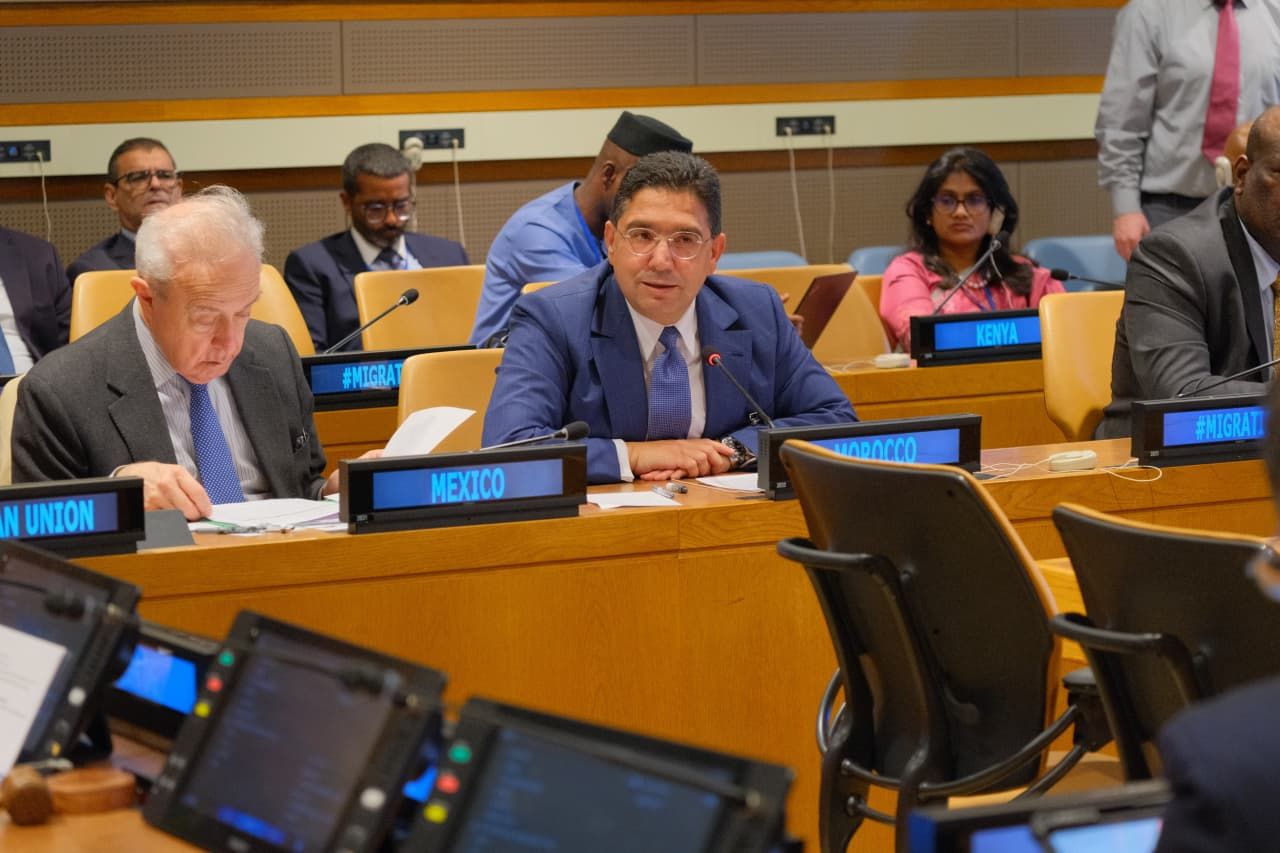
Morocco has defended its vision of a solidarity-based approach to migration offering alternatives that steer away from the security approach gaining ground in the global north amid a surge of populism.
Speaking during the 80th United Nations General Assembly,Morocco’s Foreign Minister Nasser Bourita presented a migration strategy grounded in the vision of King Mohammed VI,saying Morocco’s model emphasizes regional connectivity,South-South cooperation,social inclusion,and structural development.
At the heart of Morocco’s approach is the Royal Initiative,which aims to provide landlocked Sahel countries with access to Moroccan Atlantic ports. This initiative,now entering its operational phase,seeks to transform the Sahel from a perceived zone of instability into a region of opportunity.
By improving physical connectivity and economic integration,Morocco hopes to address the root causes of irregular migration.
Morocco’s commitment to solidarity-based development is reflected in its partnerships with African nations and international organizations. A notable example is the agreement between Morocco’s International Cooperation Agency (AMCI) and the UN Office for South-South Cooperation (UNOSSC),which aims to institutionalize knowledge-sharing and capacity-building across the continent.
In a joint event with the International Organization for Migration (IOM),Morocco highlighted the role of sport as a tool for migrant inclusion and social cohesion. This innovative approach was praised by several African countries,including Senegal,which described Morocco’s migration model as “exemplary.”
Morocco’s diplomatic engagements during the UN General Assembly- ranging from bilateral meetings with Mauritania,Cameroon,and Benin to strategic dialogues with Senegal,Ghana,Pakistan,Germany,and Turkey- underscore its role as a continental connector and a global migration actor. Its close collaboration with the IOM and the UN further reinforces its credibility.
United News - unews.co.za